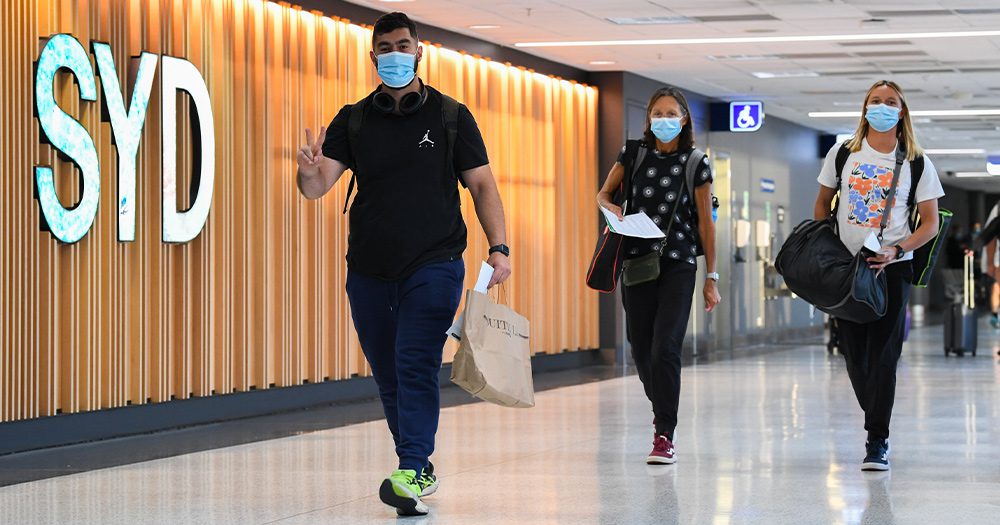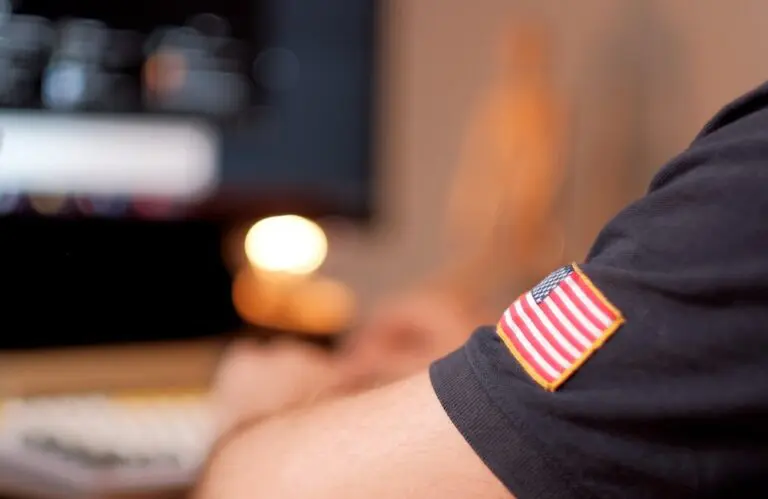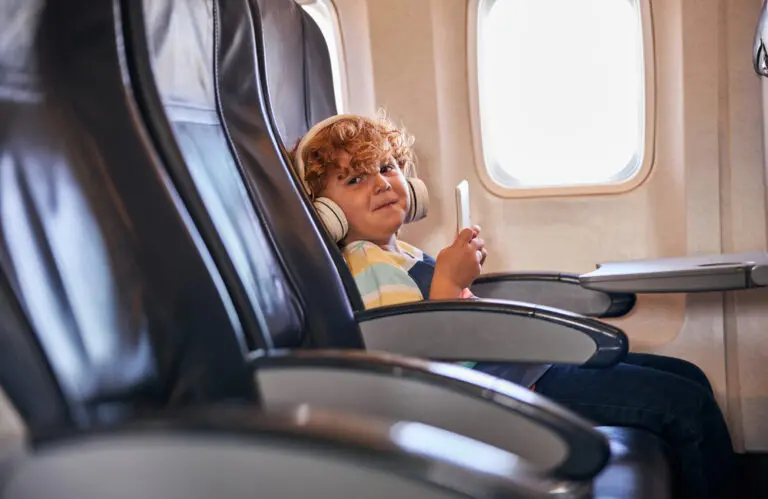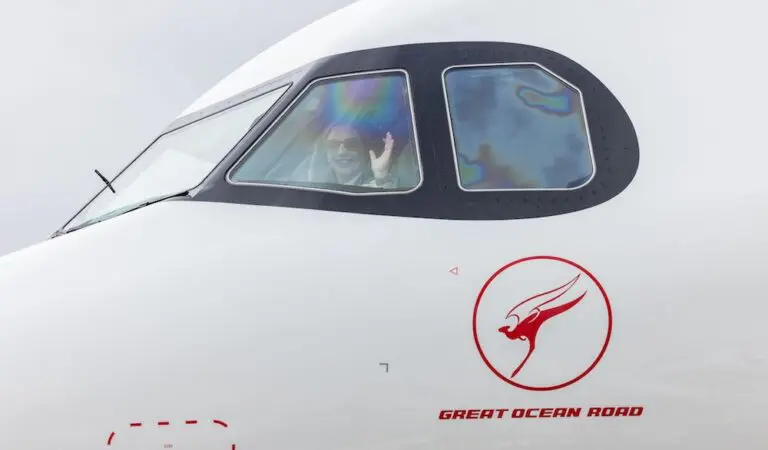The national cabinet has agreed to multiple changes to COVID-19 testing requirements, including moving away from testing to travel domestically and overseas travellers no longer needing to have a second PCR test after arriving in Australia, except if landing in Queensland.
Rapid antigen tests are set to play a key role in tackling the Omicron wave with leaders agreeing to provide 10 free rapid tests to more than six million Australians who are concessional cardholders.
Universal access to free rapid tests was not agreed to by any state or territory leaders or the federal government, Mr Morrison told reporters in Canberra.
The tests will be available through pharmacies within the next two weeks. Testing sites will also begin administering rapid tests to help ease the pressure on pathology labs.
People who return a positive COVID result from a rapid antigen test no longer need to have their infection confirmed with a PCR test.
Overseas travellers will need to have a rapid test upon arrival and will no longer need to have a second PCR test after arriving in Australia, except if landing in Queensland.
Mr Morrison said all states and territories were moving away from the requirement for a rapid antigen test to travel.
However, this was not the case in WA, which did not send a government representative to attend the national cabinet meeting.
“Western Australia will continue, while they were not there today, to operate as they have been,” the prime minister said.
“We envisage that when they open their border and are confronted with the same issues, that they will move into the same system that is operating elsewhere in the country.”
Opposition Leader Anthony Albanese had earlier urged the government to make the tests free for everyone, labelling the Commonwealth’s plan a failure.
“People are crying out for action, the economic consequences of this government’s failure to put in place a proper system are there for all to see.”
Mr Albanese had previously called for the rapid tests to be made affordable but later changed to wanting the tests to be provided free.
“We’ve considered the options and the clear and simplest, most cost-efficient way is to make tests available,” he said.
Rapid tests have been made free in countries such as the US, UK and Singapore.
Source: AAP





